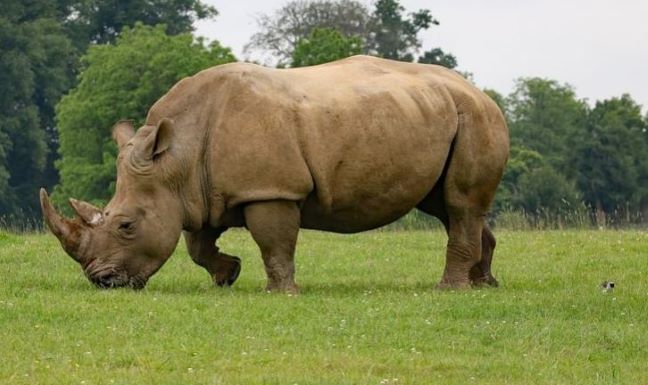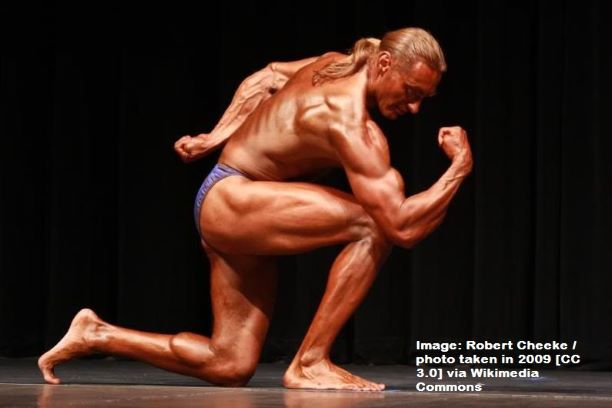
A vegan diet is one of the healthiest ways to keep your weight under control. Each nutritious meal should keep you feeling active, and healthy.
However, if you intend on losing weight, getting a few ideas on preparing a vegan weight loss plan is essential. Without a plan, you may end up in a situation where you opt for quick, convenient meals over healthy options.
Any weight loss diet will be challenging to maintain at first. You need to have the discipline to stick to your diet and not make any compromises.
It is easy to begin a vegan weight loss diet, only to break the habit a few days later. Fortunately, if you’re a vegan, we presume you already possess the determination and tenacity to keep up with a weight loss diet.
So are you excited to get ready for your weight loss journey? Here are some great tips with best vegan food to implement into your weight loss meal plan:
Veggies & Fruits
When it comes to nutrition, vegetables & fruits are your best options! You get lots of antioxidants, fiber, vitamins, and minerals. They are also low in calories but filling in large enough amounts.
Try to adjust how the ingredients are prepared and mixed. If necessary, add in some variety with fruits or veggies you’ve never tried before. Have fun with your meal plan!
Plant-Based Protein
Protein is going to be an essential element for your plant-based weight loss diet plan. Protein helps to maintain lean body mass, fills the appetite, and a source of longer-lasting energy (may help curb food cravings).
Plant-based protein options include any of the legumes, grains, nuts, seeds, soy milk, and the classic choice of tofu. There is also no shortage of ways to play with these ingredients, mixing spices, herbs, and other tasty vegan options.
Salads
A salad can be as hearty as you want it to be. Blend in carrots, celery, cucumber, green pepper, broccoli, tomato, corn, lettuce, apples, pumpkin seeds, tofu, quinoa, chickpeas, and whatever else fills your bowl.
If you cut your greens into a smaller size, that will enable you to consume your salad easily with a spoon. Aim to get your vegetables to bite-sized portions to get the most out of your healthy salad!
Vegan Shakes
A vegan shake is all about getting healthy, tasty foods into your body. A basic vegan shake could be as simple as mixing almond milk, banana, and broccoli with a dab of peanut butter.
With your shake, you can also have the liberty of taking the fruit route, involving frozen berries, mangoes, cherries, pineapples, or oranges. Add in whatever fresh ingredients that you fancy indulging yourself with!
Homemade Trail Mix
Snacks can be a great way to keep your hunger pangs at bay and prevent overeating which helps in keeping your weight under control. A homemade trail mix is a fantastic vegan option that you can quickly assemble at home.
You can make the trail mix from chocolate, nuts, dehydrated fruit, and whatever else you enjoy. Divide it up into measured portions and have it on wherever you go. Vegans can have something to nibble on and still avoid overeating!
Apples & Nuts
Another healthy, tasty snack to keep you fed in between the big meals which can be incorporated into your vegan weight loss meal plan. Ideally, it should be a snack that’s ready to go and won’t require much preparation.
When hunger hits, chop up an apple and grab a fistful of nuts. There’s something about an apple and nuts that just work!
Manage Your Calories
In any plant-based weight loss diet plan, you need to keep track of your calorie intake carefully. Foods like coconut yogurt, avocado, nut butter, and nuts can be packed with calories, potentially sabotaging your weight loss goals if taken excessively.
You can still eat these tasty treats, but only in moderation. You certainly do not want to have them with every meal, and you will want to control your portion sizes.
On the opposite extreme, you may not be eating enough calories in your vegan weight loss diet if you don’t plan your meals. A calorie deficit is needed to lose weight.
However, a meager calorie count puts you at risk of illnesses, prone to injuries due to a lack of energy, and long-term health issues. Jump on a calorie weight loss calculator and put in your stats. The calculator will tell you how many daily calories you need to drop weight safely.
Avoid Processed Vegan Food
There are some ultra-processed vegan foods you should avoid. For example, a bucket of french fries is technically vegan, yet it’s terrible for your weight!
Try as much as possible to avoid vegan fast food, vegan sweets, vegan junk food, and any vegan-based meat substitutes that are available commercially. These can be packed with unhealthy calories and do your best to avoid them while following your vegan dieting meal plan.
Take Essential Supplements
If you’re transitioning from animal-based foods to vegan eating, you may need to supplement to cover what you lack from your vegan diet.
Vitamin B12 (highly recommended), omega-3, vitamin D3 (if you don’t get enough exposure to sun), iron, zinc, iodine, and calcium are possible supplements to consider for optimum health (except for vitamin B12, all the other nutrients can still be obtained from a vegan diet).
Deficiencies in these areas can cause serious health issues. Even though you may not get these deficiencies with certainty, there is an element of risk, if you don’t have a wholesome & balanced vegan diet.
Not Enough Time? Need Calorie Info? Choose a Meal Delivery Service!
You can tap into a vegan meal delivery service on days you don’t want to cook at home or don’t have enough time. A meal delivery service will introduce you to new vegan meals and dishes made with a restaurant-level quality which can be a nice treat!
If you’ve never eaten on a vegan diet, a meal delivery service can be a great source of tasty dishes to get a start. Best of all, many vegan meal delivery services provide detailed nutritional information on each dish.
With every meal, you will know what ingredients are there and how many calories you consume.
Transition Over Time
Finally, you should never hastily jump into a drastic diet change. You need to give your mind and body time to adjust. Choose a few days and try the new diet regimen once or twice a week.
It will be much easier to adopt this way to a vegan weight loss plan. This will give you a chance to try some new foods, while not feeling too overwhelmed or denied your old favorites.
As your meals become all plant-based, think about what you may be missing in your diet. Usually, it is a battle to avoid excessive calories and keep it wholesome & balanced taking into account the nutrients we mentioned under supplements.
So try many different plant-based options as you learned from this post and see what works and what you enjoy the most!
Recommended Posts:
- Health Benefits of Vegan Diet
- Guide to a Healthy Vegan Life!
- Healthy Vegan Diet Plan
- Best Vegan Protein Sources
- Vegan Dietary Supplements Guide
- Best Eco-Friendly & Popular Yoga Mat Materials
Disclaimer:
While every attempt has been made to verify the information provided here, the content in this post is for informational purposes only and not to be considered as professional advice. By providing the information contained herein we’re not diagnosing, or treating any type of disease or medical condition. Before beginning any regimen it is sensible to seek the advice of a licensed healthcare professional.



 The number of professional athletes adopting a vegan athlete diet to boost their performance and maintain their nutrition the natural way has truly grown in recent years.
The number of professional athletes adopting a vegan athlete diet to boost their performance and maintain their nutrition the natural way has truly grown in recent years.
